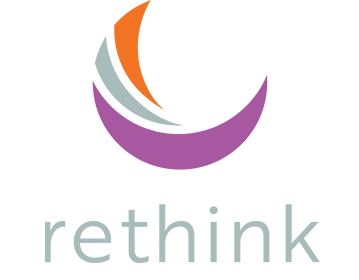Cognitive behavior therapy, or CBT, is a highly effective psychological therapy based on research and clinical practice. For many individuals suffering from mental health challenges and conditions, CBT can be a means of achieving sustainable, meaningful progress.
CBT is a therapy used for a large variety of mental health disorders. Its popularity is earned over decades of research and practice that demonstrate clinical effectiveness, in other words… it works.
As a trusted provider of cognitive behavior therapy in the Twin Cities, MHS has created this practical guide to help you better understand why working with a CBT therapist could be the life-changing solution you’ve been searching for.

